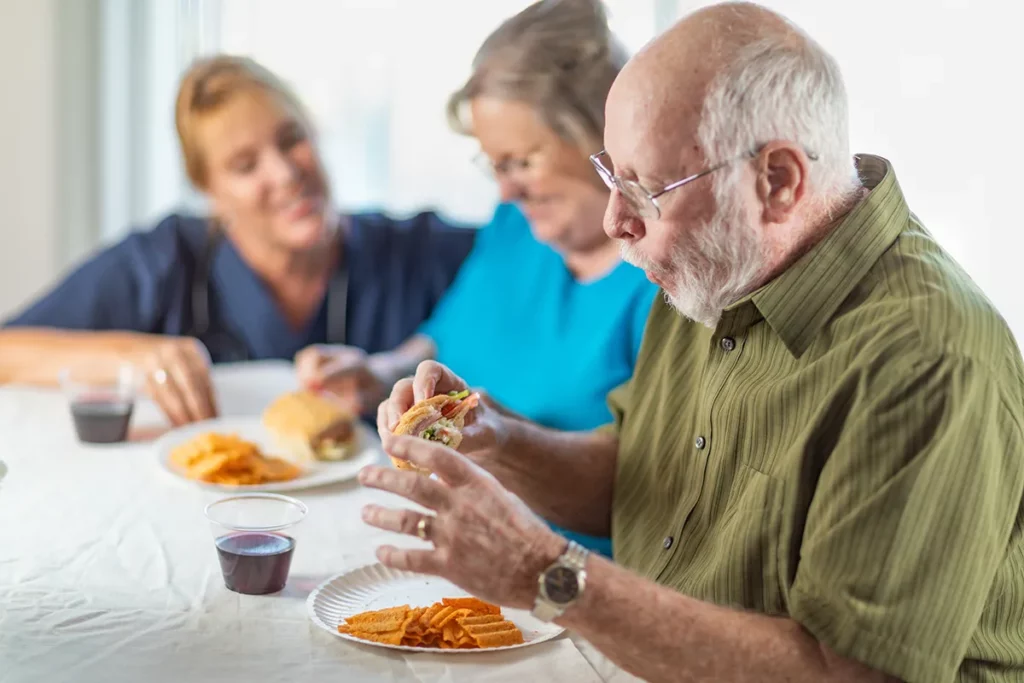
It can be challenging for seniors to make healthy dietary choices. Caregivers can also benefit from understanding the best nutritional options for seniors. With the help of education, seniors and their caregivers can learn the best ways to improve overall health through good nutrition.
Seniors face many unique issues when it comes to nutrition. Their metabolism slows as they age, making it harder for them to process the same amount of food they did when they were younger. Additionally, senior’s appetites often decrease, causing them to eat less than they should. Nutrition education can help address these issues, as well as other potential problems.
Caregivers play a vital role in addressing a senior’s nutrition. Caring for an aging parent or family member can be overwhelming. To best take care of the senior, caregivers should have an understanding of nutritional needs and be knowledgeable about proper meal planning. Nutritional education can provide caregivers with the tips and guidance needed to help make meals enjoyable and nourishing.
There are many sources of nutrition education available for seniors and caregivers. Talking to a primary care physician about the best options for nutrition is a great first step. If the doctor determines that a senior needs more assistance from a nutritional standpoint, they may refer them to a dietitian who can provide specialized advice. Local senior centers, churches, and libraries often offer courses and workshops related to nutrition. These are also excellent resources for seniors and caregivers to explore.
Nutrition education can be immensely helpful for seniors and caregivers. Knowing what to eat and how to make healthy meals can make a significant difference when it comes to seniors’ nutritional health. Nutrition education can help seniors and their caregivers make informed decisions and have access to resources that will provide the best possible dietary habits for a senior.
